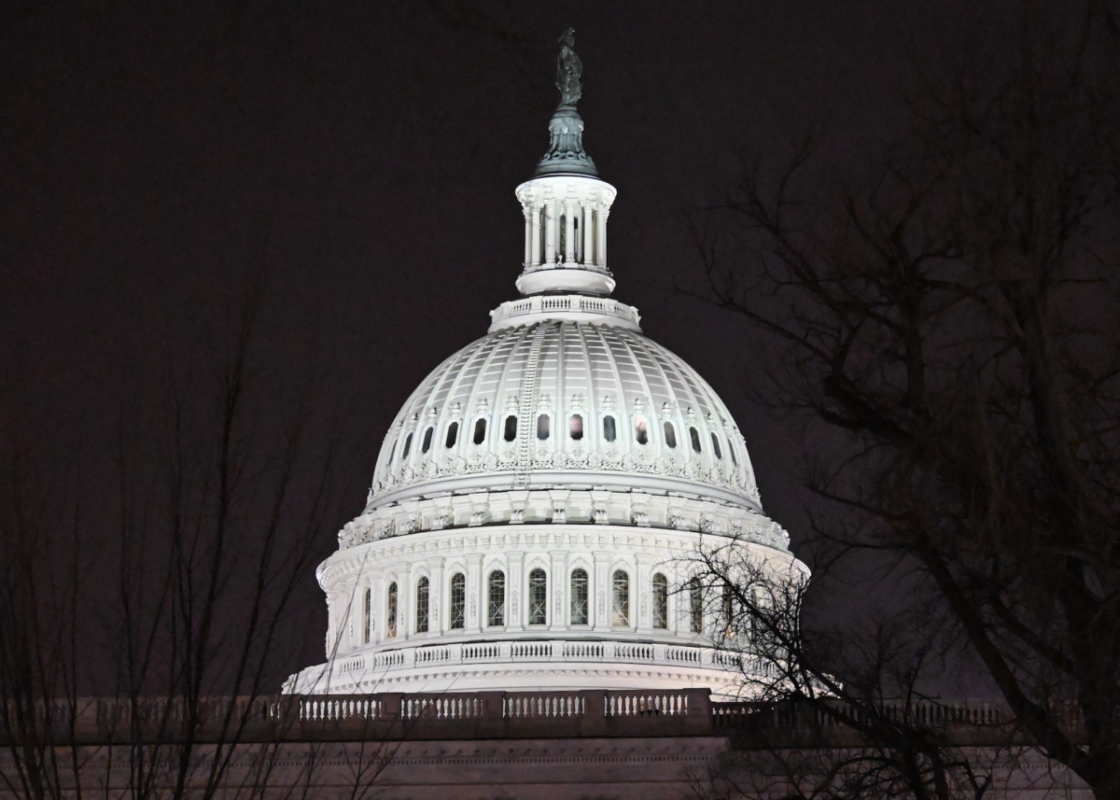A bill progressing through the Florida legislature could support housing initiatives for Floridian agricultural workers by providing legal protections and deregulation.
SB 1082, filed by Senator Jay Collins (R-14), would legally protect agricultural housing construction initiatives across the entire state.
If Senator Collins’ bill passes, intrastate governmental entities would be prohibited from adopting or enforcing any laws inhibiting the construction of housing for agricultural workers on agricultural land.
According to Florida statutes, agricultural lands are classified as such by property appraisers. Landowners whose land is denied agricultural classification can appeal the decision to the state’s value adjustment board.
Collin’s bill seeks to support Florida’s H-2A guest workers as, in order to receive legal protection, agricultural worker dwellings must meet Federal building standards for H-2A visa housing.
The H-2A visa guest worker program authorizes migration into the US by nonimmigrant workers (H-2A workers) to perform agricultural labor or services of a temporary or seasonal nature.
As reported by local news, Collins claimed a shortage of “stable, legal workforce” exists and farmers could use affordable housing to fill labor demand as such housing is one of the requirements for the H-2A program.
H-2A workers must be provided housing and transportation to the job site if their employment requires them to be away from their residence overnight
However, Collins’ bill would also authorize governmental entities to adopt local land use regulations that are less restrictive than certain state and federal regulations required for the H-2A housing program.
Local governments would be empowered to enact less restrictive regulations regarding the construction and installation of H-2A eligible agricultural worker housing.
Collins emphasized the urgent need to develop housing, claiming “There are 52,000 workers needed across the state of Florida as we step into the next growing season, that is 5.2 million square feet of housing required to put them in.”
If passed, the bill would take effect July 1st, 2024.













